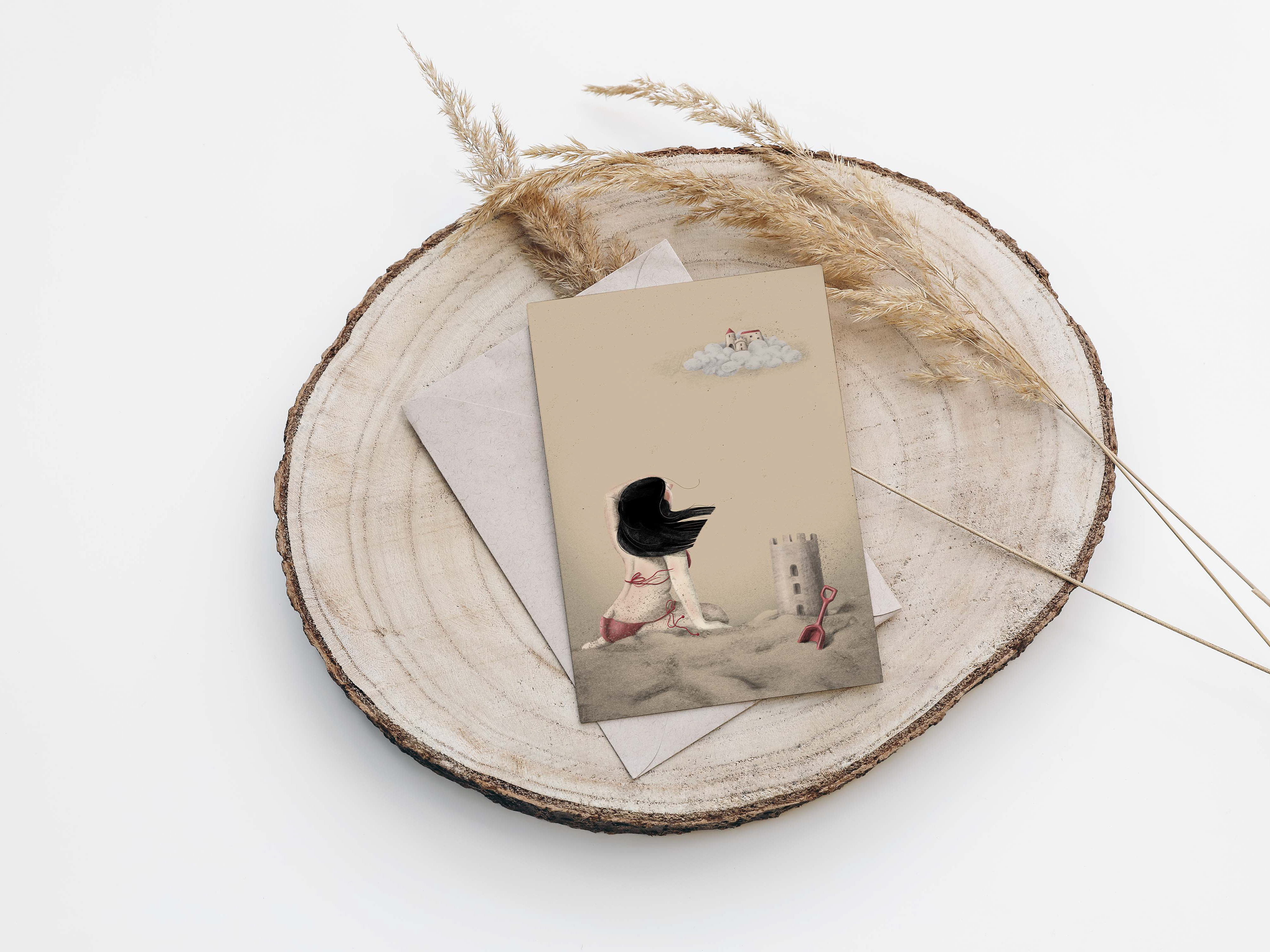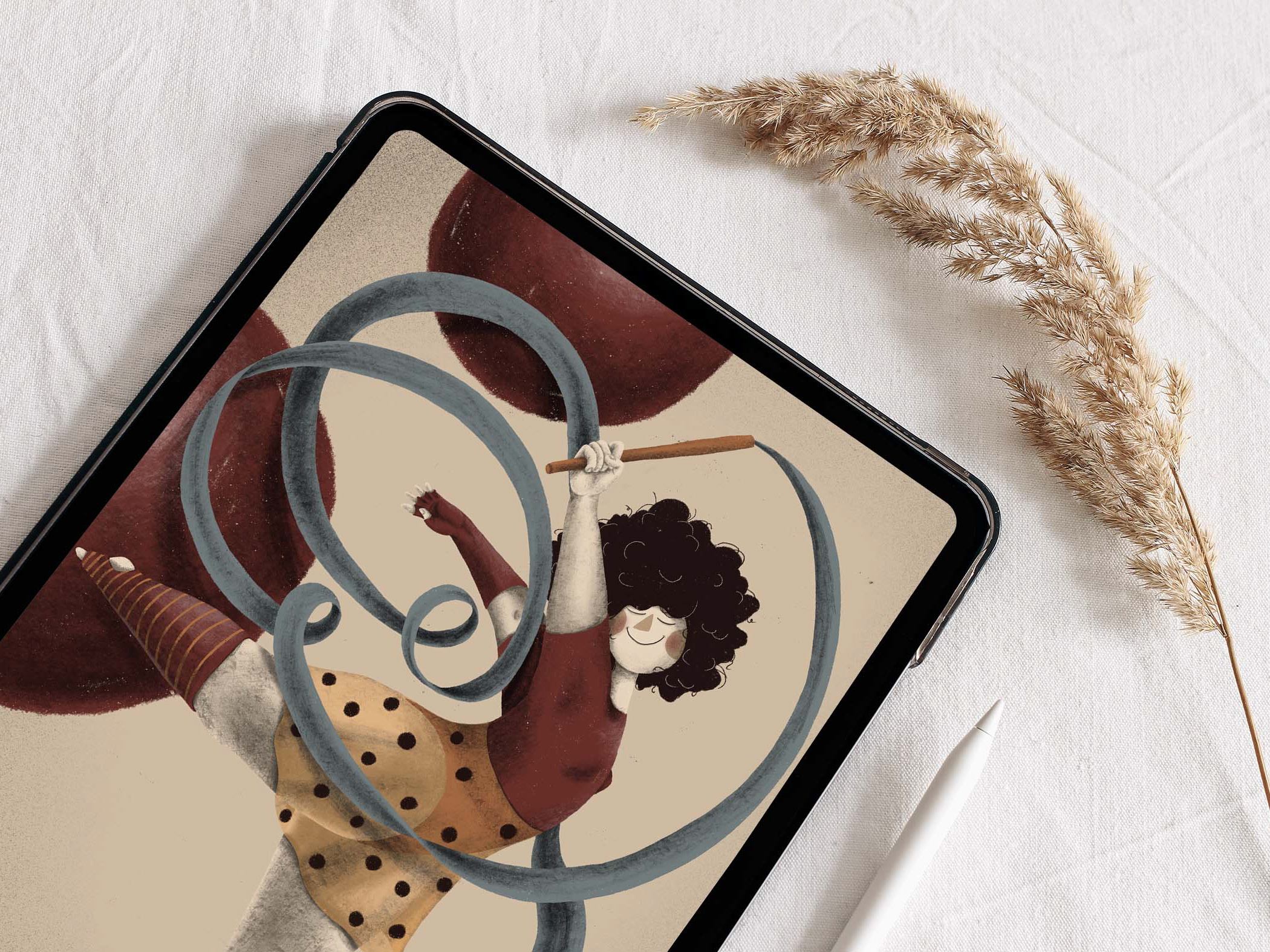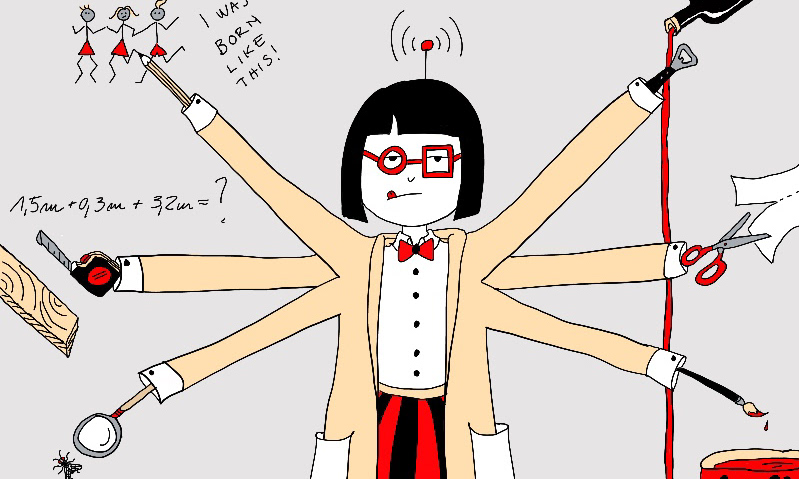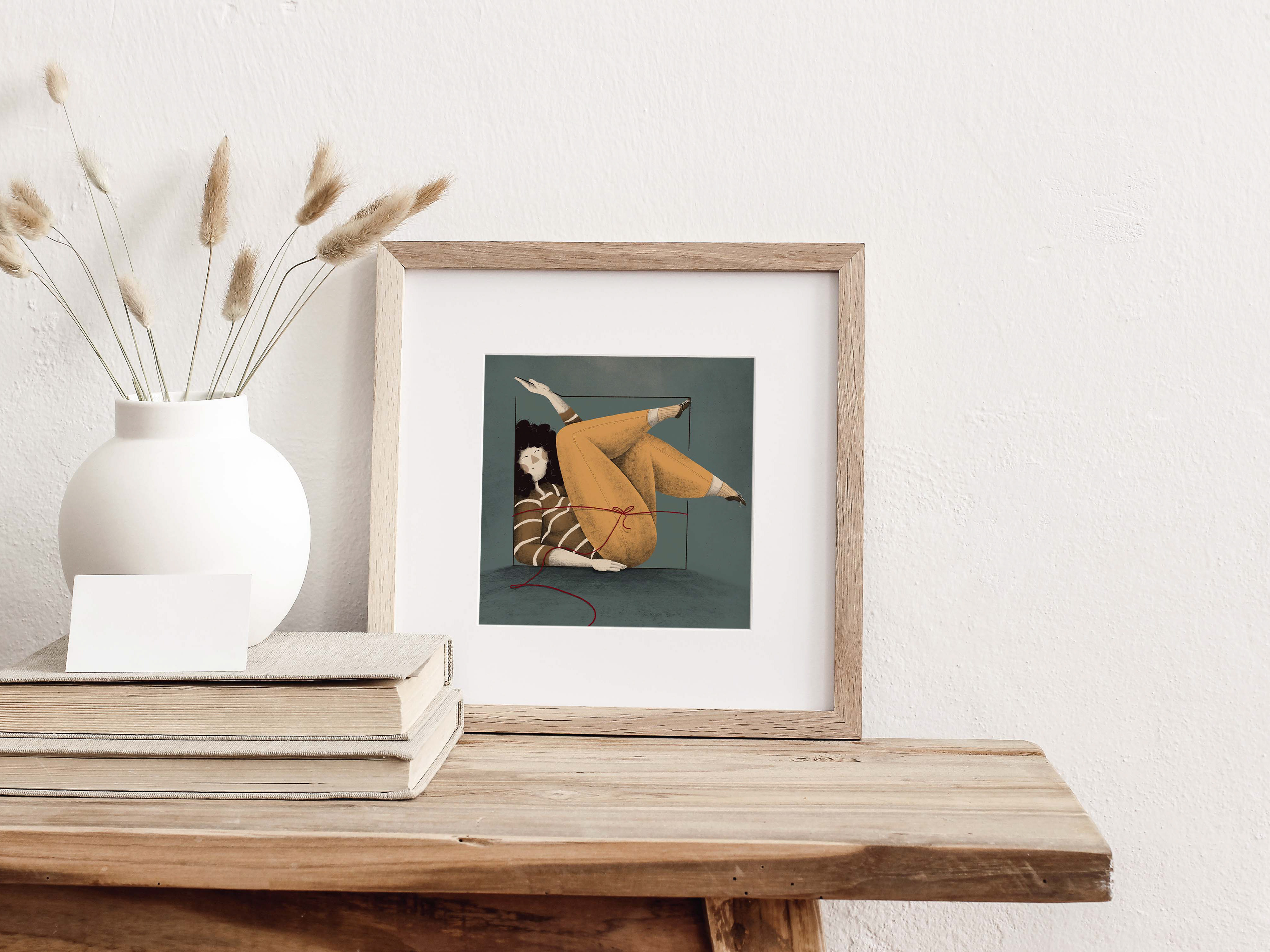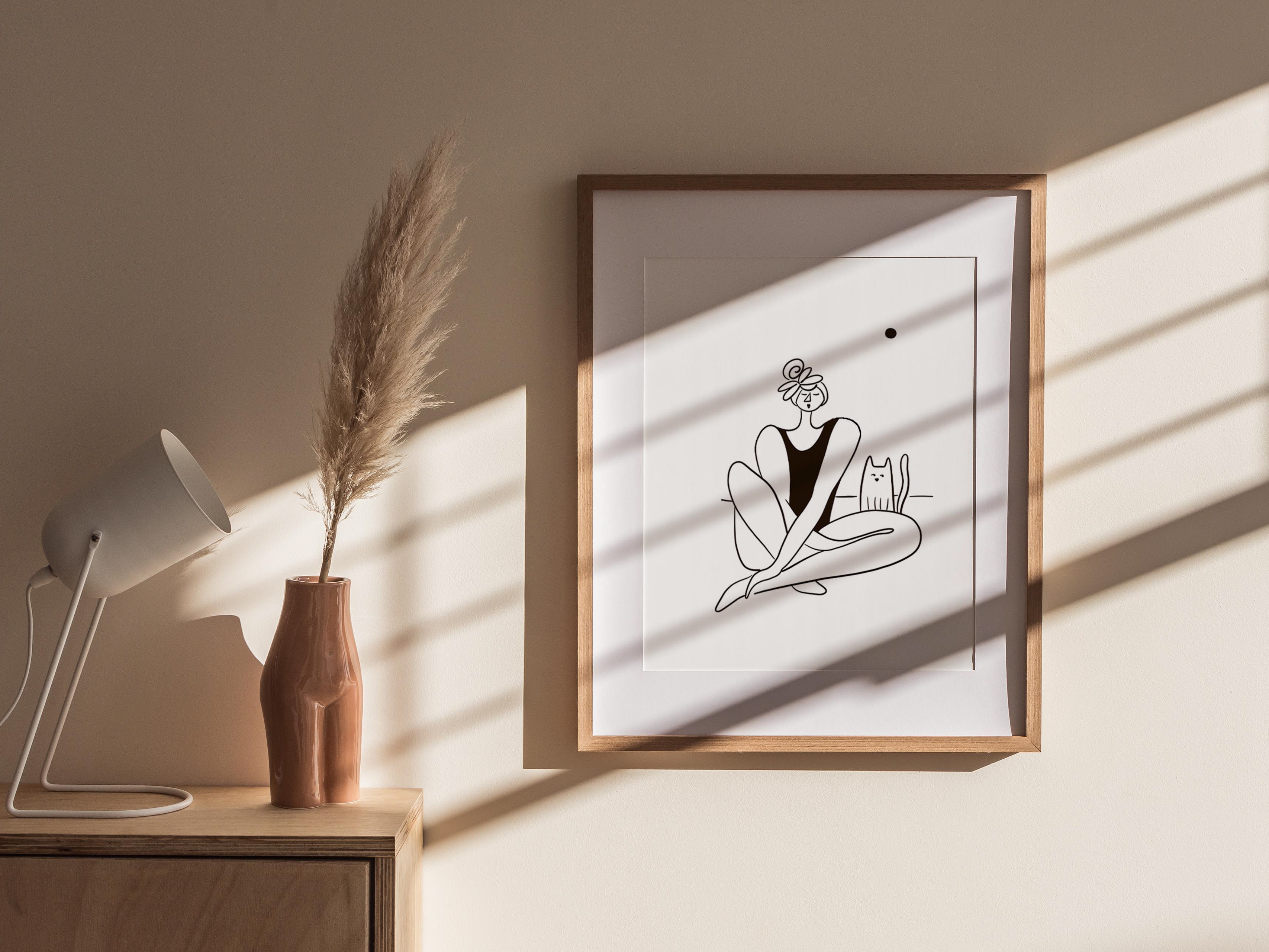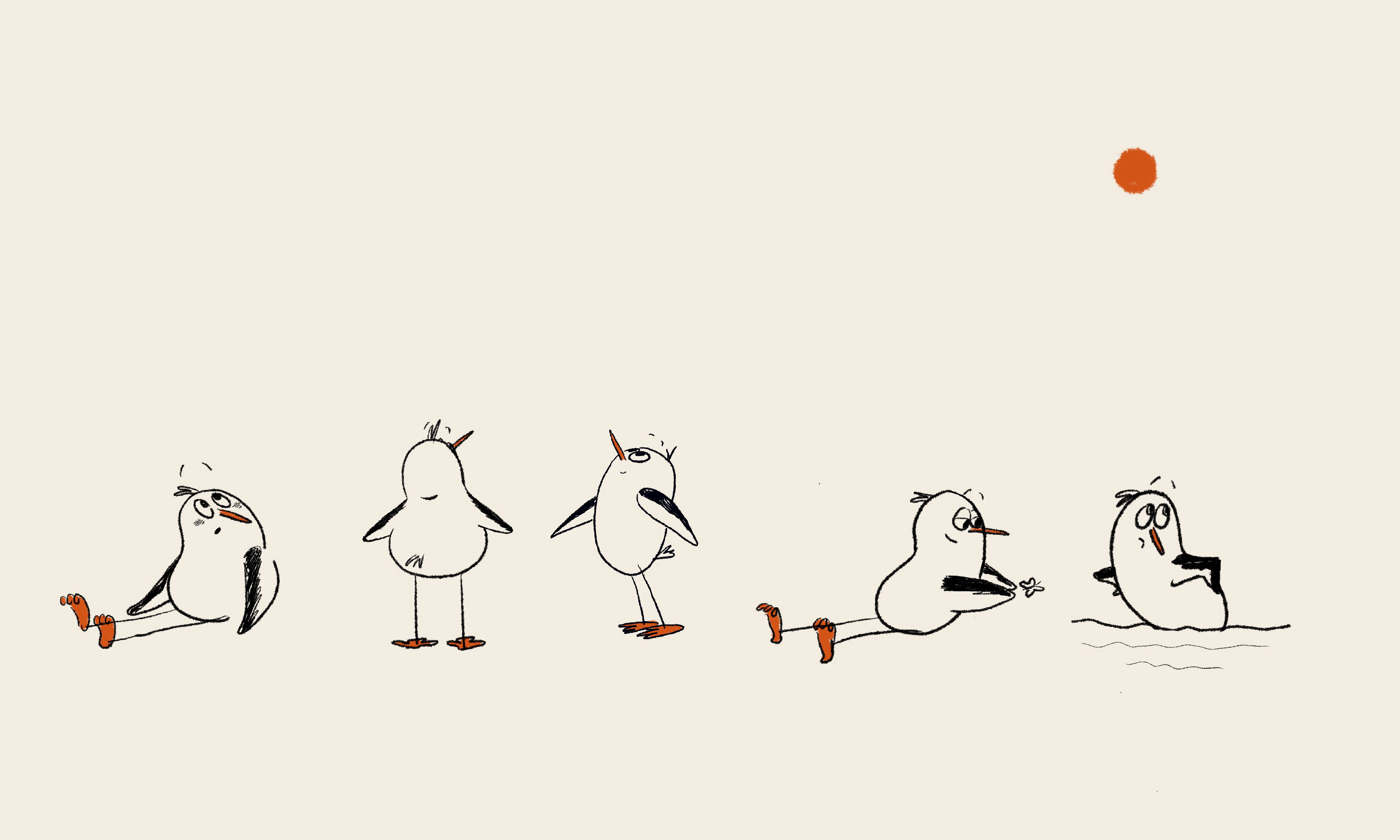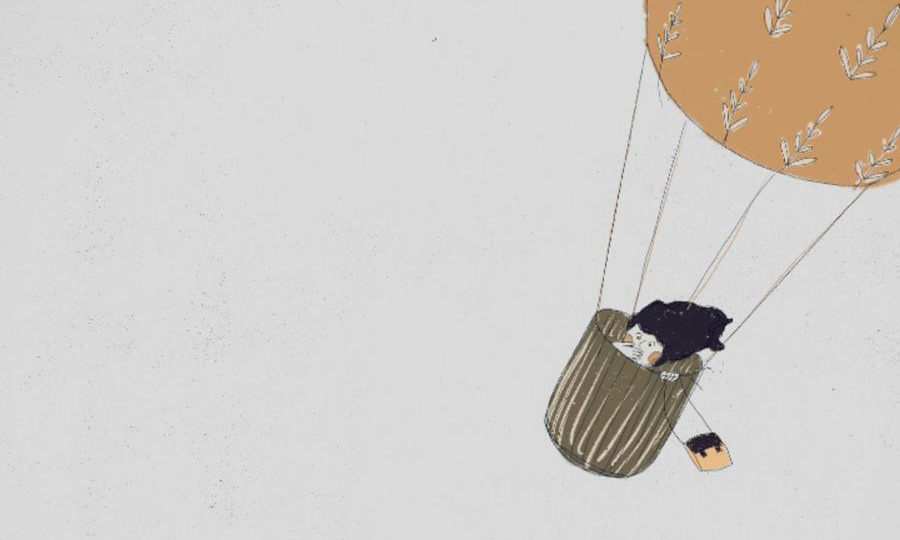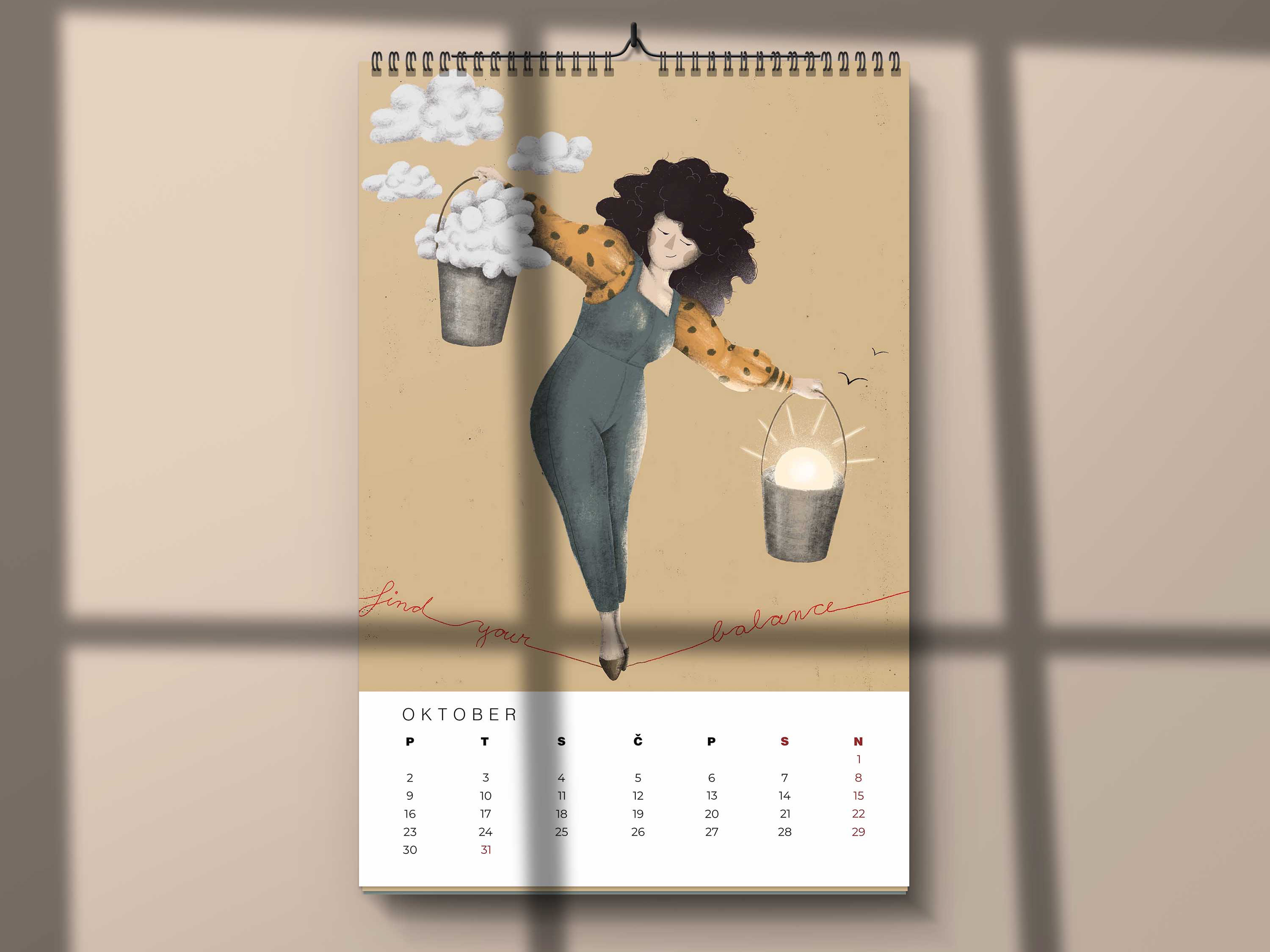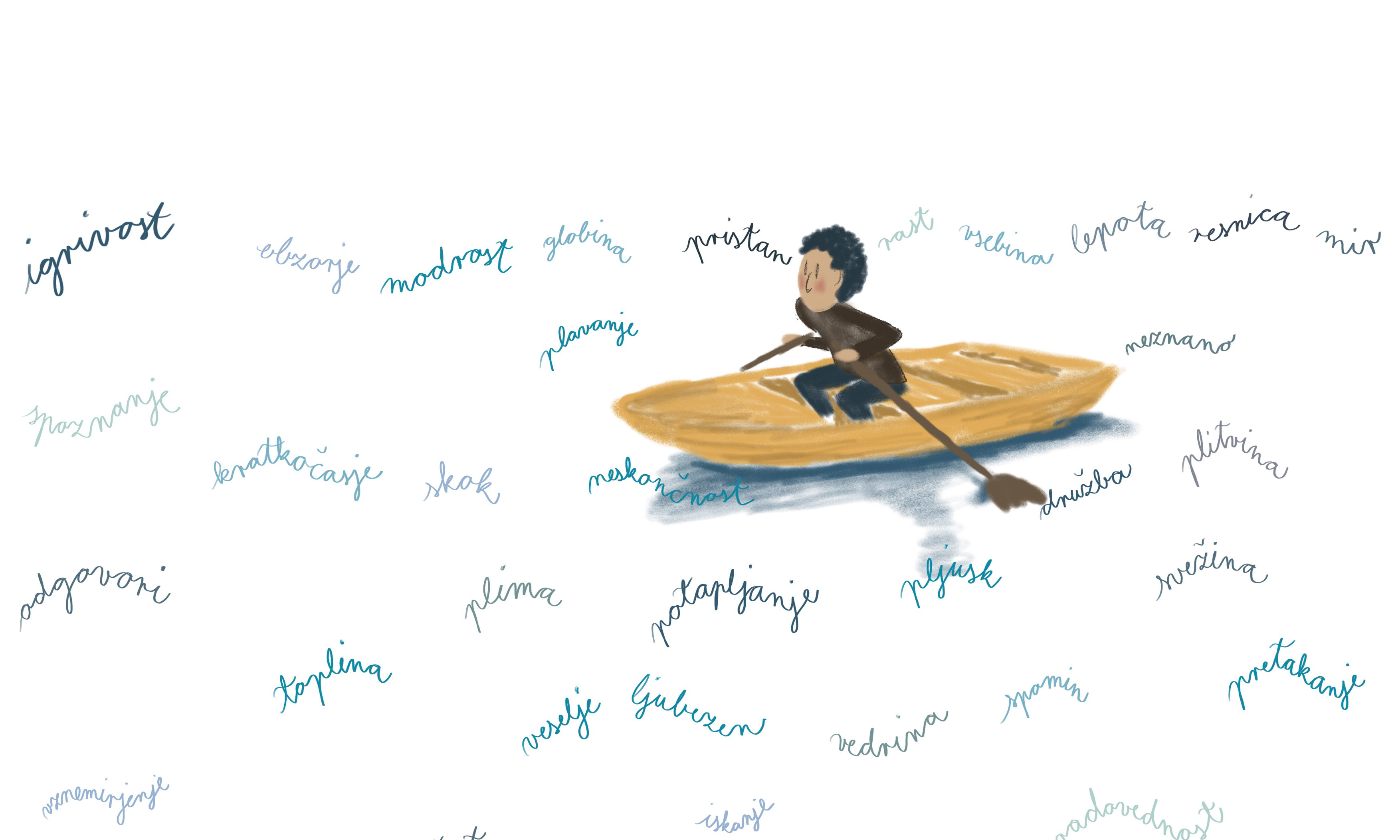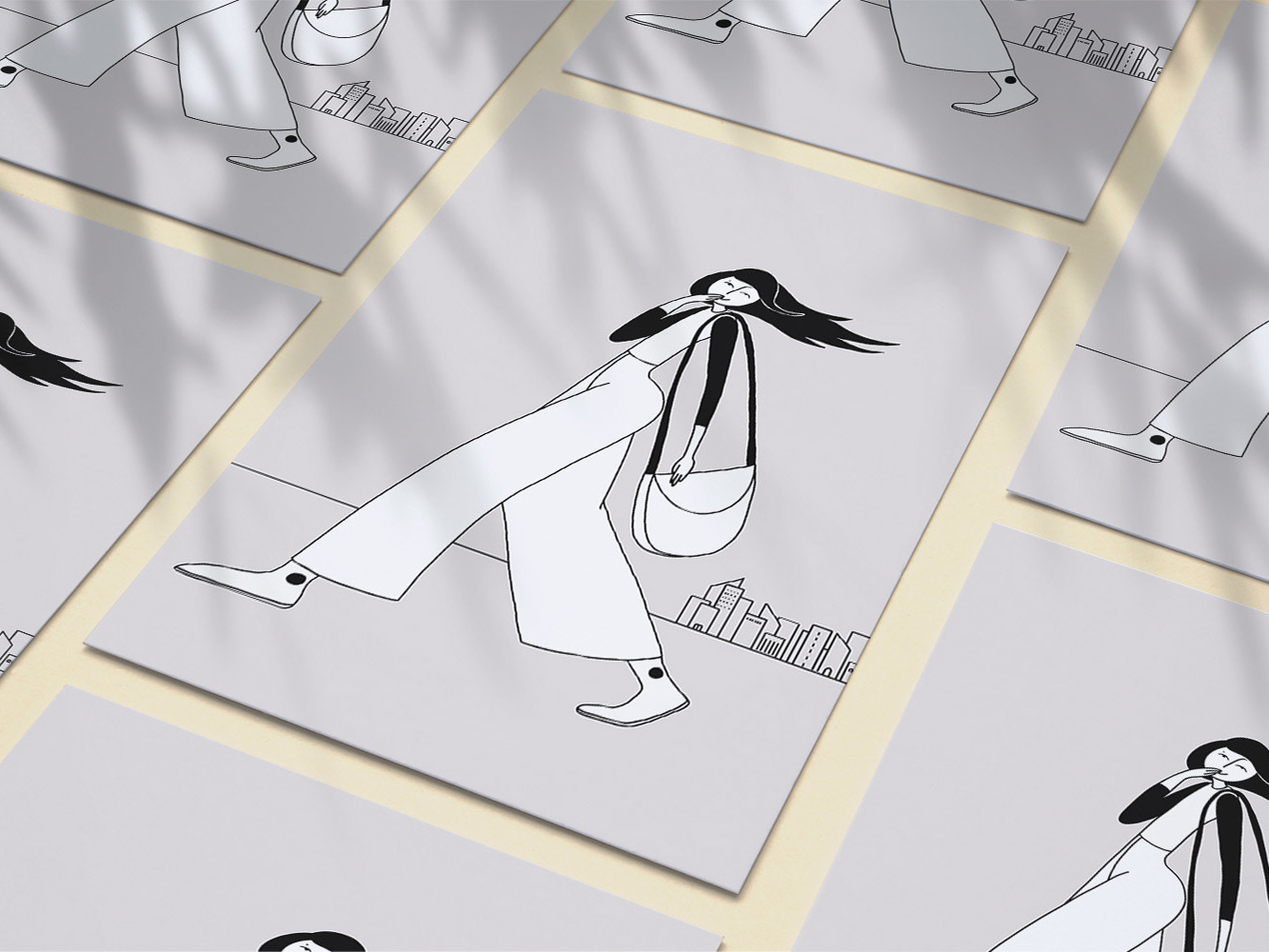Inspiration is the lifeblood of creativity. For artists and illustrators, finding that spark can sometimes be challenging, but it's also one of the most rewarding aspects of the creative process. Here are some valuable insights and tips on finding inspiration, drawn from the experiences of various artists and illustrators.
1. Embrace Your Surroundings
Many artists find inspiration in their immediate environment. Whether it's the hustle and bustle of a city, the tranquillity of nature, or the unique quirks of a small town, your surroundings can provide endless creative fuel. Take regular walks, visit new places, and observe the details around you. Sketching or photographing these observations can also help capture and revisit these moments of inspiration.
Many artists find inspiration in their immediate environment. Whether it's the hustle and bustle of a city, the tranquillity of nature, or the unique quirks of a small town, your surroundings can provide endless creative fuel. Take regular walks, visit new places, and observe the details around you. Sketching or photographing these observations can also help capture and revisit these moments of inspiration.
2. Engage with Other Art Forms
Sometimes, stepping outside your primary medium can spark new ideas. Visiting art galleries, reading literature, listening to music, or watching films can provide fresh perspectives. Many illustrators report that seeing how others express their creativity can trigger new concepts and techniques to explore in their work.
Sometimes, stepping outside your primary medium can spark new ideas. Visiting art galleries, reading literature, listening to music, or watching films can provide fresh perspectives. Many illustrators report that seeing how others express their creativity can trigger new concepts and techniques to explore in their work.
3. Keep a Journal
A journal can be a powerful tool for capturing fleeting thoughts and ideas. Many artists carry a notebook with them to jot down anything that catches their eye or mind. This habit helps in building a reservoir of ideas that you can draw upon when needed. It can also be a place to reflect on your creative process and track your growth over time.
A journal can be a powerful tool for capturing fleeting thoughts and ideas. Many artists carry a notebook with them to jot down anything that catches their eye or mind. This habit helps in building a reservoir of ideas that you can draw upon when needed. It can also be a place to reflect on your creative process and track your growth over time.
4. Participate in Challenges and Collaborations
Joining art challenges or collaborations can push you out of your comfort zone and provide new directions for your work. Participating in events like Inktober or collaborating with fellow artists on a project can expose you to different styles and ideas. These experiences not only build your portfolio but also expand your creative horizons.
Joining art challenges or collaborations can push you out of your comfort zone and provide new directions for your work. Participating in events like Inktober or collaborating with fellow artists on a project can expose you to different styles and ideas. These experiences not only build your portfolio but also expand your creative horizons.
5. Reflect on Personal Experiences
Personal experiences, emotions, and memories are rich sources of inspiration. Many artists create their most compelling work by drawing on their own life stories. Reflecting on your journey, struggles, and triumphs can lead to authentic and deeply personal artwork that resonates with others.
Personal experiences, emotions, and memories are rich sources of inspiration. Many artists create their most compelling work by drawing on their own life stories. Reflecting on your journey, struggles, and triumphs can lead to authentic and deeply personal artwork that resonates with others.
6. Stay Curious
Curiosity is a key driver of inspiration. Asking questions, exploring new topics, and learning new skills can open up new avenues for creativity. Whether it's a new technique, a different culture, or a scientific concept, feeding your curiosity can lead to unexpected and exciting creative breakthroughs.
Curiosity is a key driver of inspiration. Asking questions, exploring new topics, and learning new skills can open up new avenues for creativity. Whether it's a new technique, a different culture, or a scientific concept, feeding your curiosity can lead to unexpected and exciting creative breakthroughs.
7. Set Aside Time for Play
Sometimes, the best ideas come when you're not actively searching for them. Setting aside time to play and experiment without the pressure of producing a finished piece can lead to surprising discoveries. Allow yourself the freedom to make mistakes and explore new possibilities.
Sometimes, the best ideas come when you're not actively searching for them. Setting aside time to play and experiment without the pressure of producing a finished piece can lead to surprising discoveries. Allow yourself the freedom to make mistakes and explore new possibilities.
8. Connect with a Community
Being part of an artistic community can provide support, feedback, and inspiration. Engaging with fellow artists through social media, forums, or local art groups can help you stay motivated and inspired. Sharing your work and seeing others' creativity can create a positive feedback loop that fuels your own practice.
Being part of an artistic community can provide support, feedback, and inspiration. Engaging with fellow artists through social media, forums, or local art groups can help you stay motivated and inspired. Sharing your work and seeing others' creativity can create a positive feedback loop that fuels your own practice.
Final Thoughts
Finding inspiration is a deeply personal and ongoing journey. By staying observant, curious, and connected, you can cultivate a rich and diverse wellspring of ideas. Embrace the process, and remember that inspiration often comes when you least expect it.
Finding inspiration is a deeply personal and ongoing journey. By staying observant, curious, and connected, you can cultivate a rich and diverse wellspring of ideas. Embrace the process, and remember that inspiration often comes when you least expect it.
